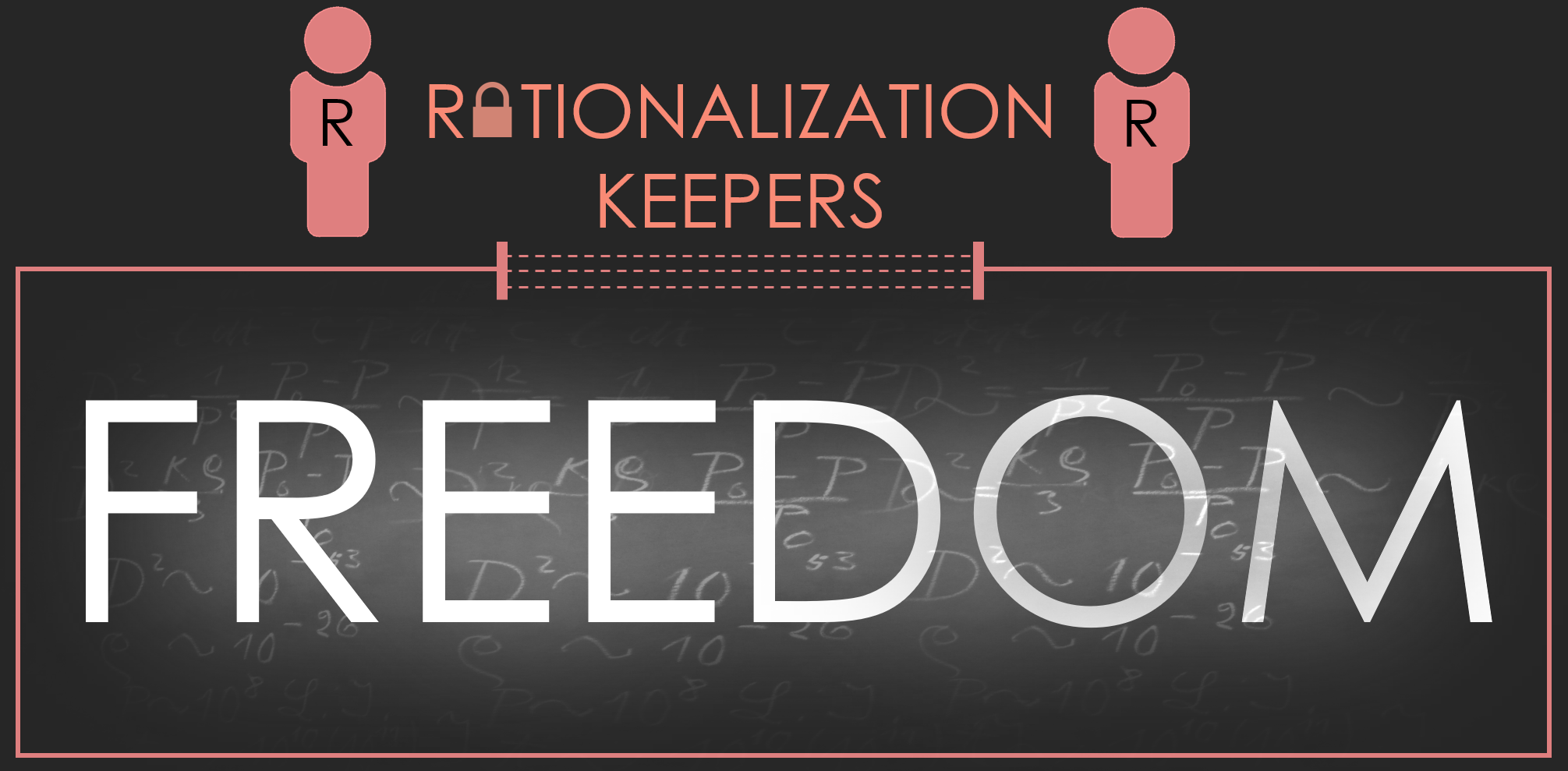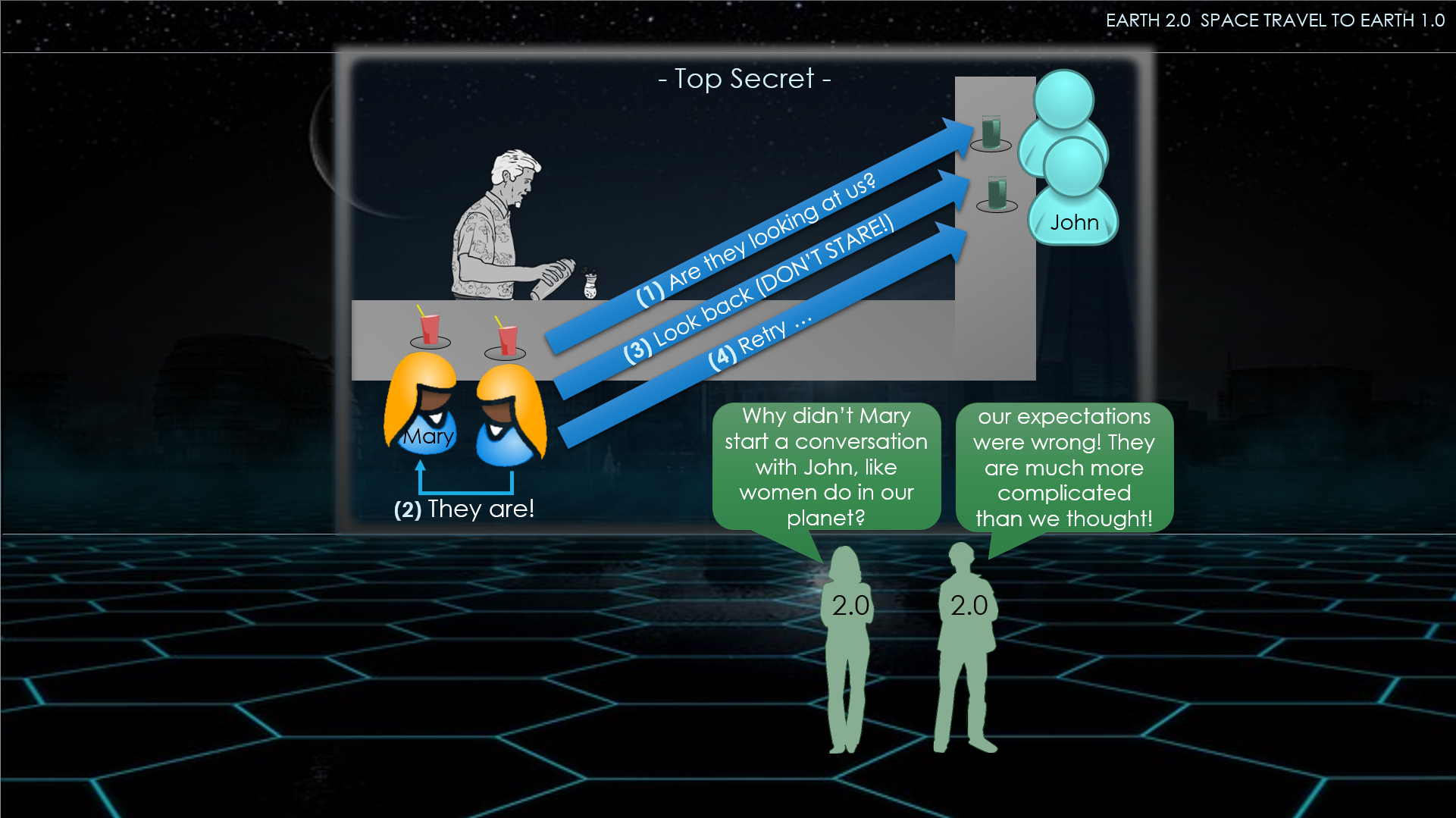 Let’s talk about freedom. Not rational freedom like “I live in a democracy” or “I could buy any pair of jeans I want”. I’m talking about the feeling of freedom – a deep feeling, of being your authentic self in a large variety of situations. No masks, no conformism and not “following the group code”. This feeling is so deep, that many times it seems like a “joyful wish” rather than a possible reality. We have learned to be so good at reading the “getting along codes” in our lives that at some point, talking about emotional freedom seems like a big spiritual mumble jumble. I couldn’t agree more…
Let’s talk about freedom. Not rational freedom like “I live in a democracy” or “I could buy any pair of jeans I want”. I’m talking about the feeling of freedom – a deep feeling, of being your authentic self in a large variety of situations. No masks, no conformism and not “following the group code”. This feeling is so deep, that many times it seems like a “joyful wish” rather than a possible reality. We have learned to be so good at reading the “getting along codes” in our lives that at some point, talking about emotional freedom seems like a big spiritual mumble jumble. I couldn’t agree more…
In one of my previous posts, I’ve mentioned NASA’s discovery of a new distant star nicknamed “Earth 2.0” that might host life in it. Let’s assume that it supports human life and these 2.0 humans overcame the space travel barriers in order to start a journey towards our earth. Like every reasonable species, they would want to know everything about us, so they observe and analyze the patterns of our behavior. As they are doing so, some of the things will make sense for them and some would seem pretty weird! Here is an internal classified debrief from their space journey that they are still trying to figure out:

Mary thinks that John is cute. However, she just knows that “women don’t hit on men”. This notion gave birth to the following (partially encrypted) communication scheme.
What earth 2.0 people don’t understand, is that Mary followed something – a code. A socially adapted equation saying: “If you hit on men → they will think less of you”. Moreover, if our visitors would ask Mary whether it was her choice to act as she did, she would probably say yes.
Our space travelers continue their journey to learn about human dynamics by following cute John to his workplace. They see that John wants to be a project manager and there are two candidates for the job – John and Tim. They see that Tim doesn’t miss any chance to vigorously express his opinions about everything during meetings. In addition, Tim makes sure to send these massive emails at night describing his daily progress. John feels that Tim makes a better impression, but he believes that his values (being more productive than staying late and focusing more on listening rather than talking) could really do better for the job.
Tim is doing all the right things, but he is also following something – the boss impression code. Tim chooses to follow an equation saying: “the more my achievements (and myself) will be apparent to my boss → the more likely I will be chosen to be promoted”. If our space people would ask Tim whether it was his choice to speak prominently during meetings or to stay late at night sending those emails (while keeping his personal life off), he would probably say yes.
Mary and Tim are just mere examples that describe the first kind of equations we will talk about: the “Adapted Equations”. Adapted equations are codes of behavior that we adapt from others, whether it is our family, our friends, our workplace or during a one-time-weird-elevator-conversation-about-life with our neighbor. The gain that we make by following these equations is the confidence of knowing that at least one person on this entire planet told us that “this is the right way for us to go”. Don’t get me wrong, sometimes following an advice or some group code might be useful, but there is a caveat.
Adapted equations have an inherent problem – the “source code” problem. It means that whenever we choose to follow an adapted equation, we do so without any access to its underlying causes or reasons that created it. It’s just a magical black box of behavior that leads us to the results we want to achieve (or to avoid). If you think about it, Mary and Tim just knew that “this is how things work” and tried to do their best out of it.
Personally, I found myself challenged with the “source code” problem in my own adapted equations. When I became responsible for people other than myself, I was struck with the “healthy connection” question. The question is about the right way to form personal and professional relationship with my team members. The adapted equation that was “floating around” at the time suggested that being distant from them is the right way to go. “If you’ll keep your distance from them → they will respect your authority”. But what does it mean? What would qualify as being distant enough? should I adapt myself a weird and authoritative tone of voice whenever I talk to them? Why communicating openly puts my authority in danger? If the adapted equation that had been floating around could speak, it would have said “you are asking too many questions, just follow me and you’ll see that I will keep my promise”.
To be continued in part 2…

